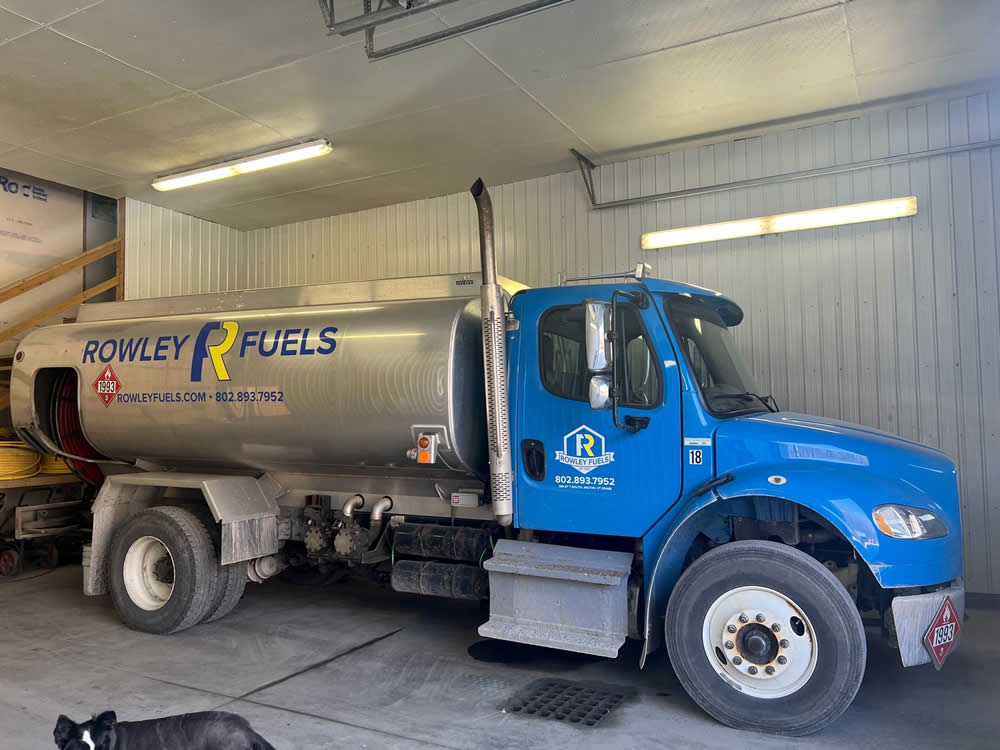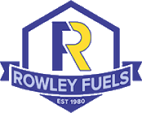Welcome to Rowley Fuels

Fuel Services
(Click on each icon below to learn more)

Tracy, our Fuel Service Coordinator will assist you with your fuel service needs. If you should need an annual cleaning, 3 year tank inspection, servicing to bring your fuel tank up to code (according to The State of Vermont guidelines), a water heater, expansion tank replacement or a new heating system, she would be happy to assist you in any way possible.
Life Expectancy of a Fuel Tank
Is your fuel oil or kerosene tank over 20 years old?
Have you considered what would happen if that tank failed?
Now is the time to be proactive and upgrade or replace your tank.
We are happy to provide a no cost tank inspection and a quote if upgrades are needed.
Please don’t wait because you think the tank will never change-your car, your roof-they all have a limited lifetime, your fuel tank does as well!!
Fuel Delivery Lines
As our valued customer, we would like to make you aware of a potential problem that could occur with an unprotected fuel delivery line.
These unprotected copper lines run between your tank and your heating unit. If they come in contact with concrete or if they lie below ground, they may deteriorate, resulting in a line leak. Oil released into the soil causes environmental damage that will require a costly cleanup.
To avoid this potential expense, we suggest that you have your fuel delivery lines inspected and replaced with a sleeved line if necessary.
Contact us to assist you with this upgrade.
Winter Safety
- Keep path to your tank clear. This helps the driver get to your tank easily and helps ensure your delivery is on time.
- Clear snow & ice from around your tank.
- For propane tanks this includes regulators, regulator vents, and valves – use a broom instead of a shovel to prevent damage to your propane system.
- For Fuel tanks this includes the fill and vent
- Allow your appliances to vent properly. Clear snow and ice away from outdoor vents, chimneys and flues to prevent blocking ventilation
- Never use a portable generator, stove, or outdoor heater indoors, even during a power outage. Without proper ventilation deadly carbon monoxide (CO) fumes can build up.
